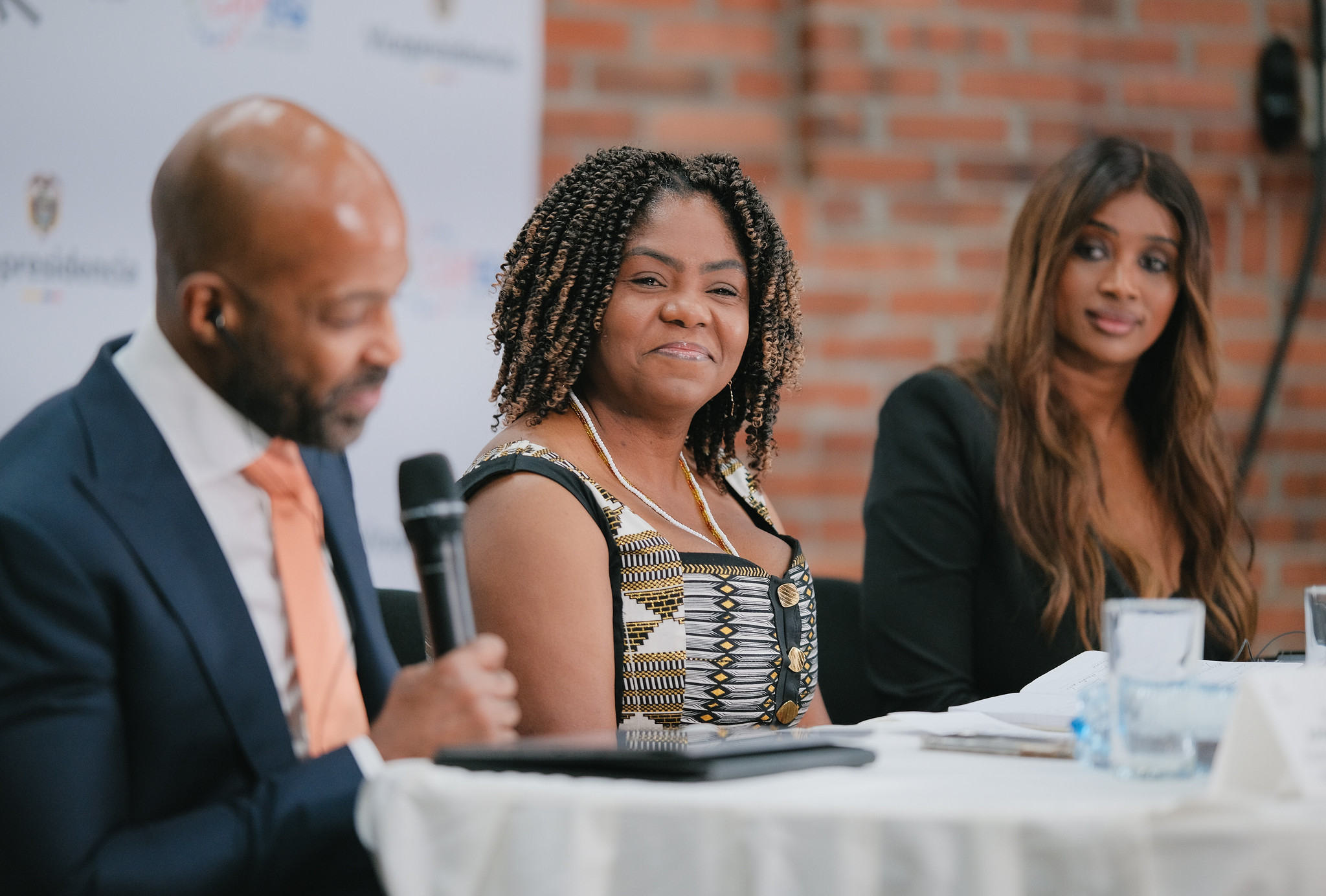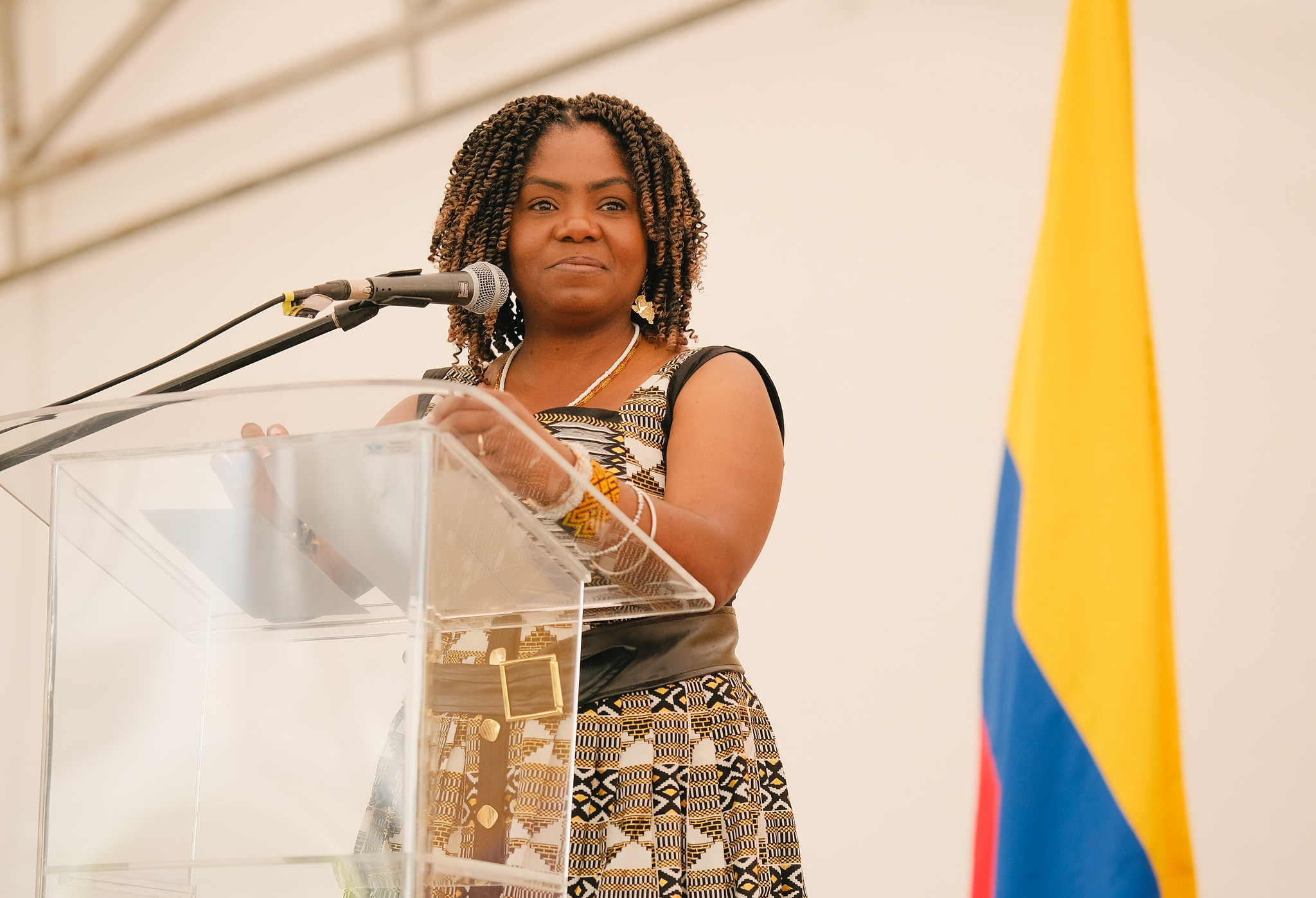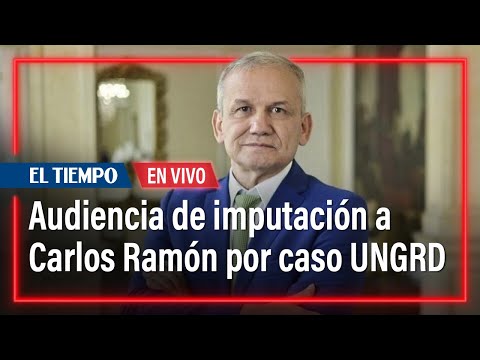Vice President Francia Márquez regains ground after President Petro's ostracism

President Gustavo Petro has not forgiven his running mate in the 2022 elections, Francia Márquez, for what she said during the first televised cabinet meeting on February 4. Above all, he was offended because she retorted against the rumors that Armando Benedetti was in power due to possible blackmail.
Tensions between the two lasted nearly three weeks. The president didn't want her around, and there was even talk of her leaving the government altogether, both from her role as Minister of Equality and as vice president. However, this latter aspect posed a dangerous scenario in which Congress could elect the president a vice president completely opposed to him.

Vice President Francia Márquez at the forum on the economy of Afro-Colombians. Photo: Vice Presidency
In the end, he only asked for her resignation as minister. Márquez left office on February 27. A day later, she met again with the president at a ceremony at the Universidad del Valle headquarters in Suárez, Cauca. There was much interest in knowing whether the two demands would be made that day, but they were not. But since then, Márquez has lost much of his prominence in the executive branch.
While at the beginning of the year she was seen playing a leading role, in those first days after her resignation, Márquez canceled her entire schedule and held few public activities. Gone is the Márquez who was even meeting with two sure leftist pre-candidates in the 2026 elections.
However, in recent weeks, Márquez has once again moved forcefully to regain her lost ground. She is doing so from a vice presidency without many resources and taking advantage of the functions the president granted her at the beginning of his administration, through Decree 1874 of 2022 and modified by Decree 1188 of 2024, which he did not completely remove when she became Minister of Equality.

Vice President Francia Márquez at the forum on the economy of Afro-Colombians. Photo: Vice Presidency
According to those close to her, she has made a strong push to develop missional work to overcome inequality gaps in the Pacific. This Wednesday, she attended an event where she reported on this work.
As part of the accountability report, he highlighted that regulations are underway for Law 70 of 1993, which has been awaiting development through decrees for 30 years. "The regulations for Law 70 of 1993. We managed to have Chapters 3 and 4, natural and mining resources, regulated. Regulations for the rest of the law are also already in place," said Márquez.
And with Márquez, the discussion returned to Law 70 of 1993, which implements the Constitution's transitional article on the transfer of uncultivated lands to Black communities in the Pacific basin. More than thirty years after the law was passed, it has been drafted into decrees for its entry into force.
At the same event, the vice president highlighted that, thanks to her leadership, 67 collective titles have been granted to Afro-Colombian populations. In this regard, she also indicated that they will deliver a policy for the comprehensive development of the Pacific. "We have been working for a year to implement this policy," she stated. In the same vein, she praised the bridges she has built to reestablish relations with Africa.

Vice President Francia Márquez at the forum on the economy of Afro-Colombians. Photo: Vice Presidency
All these statements have revealed her intention to once again demonstrate her role in the government and regain her footing. Although no personal meetings with President Petro are known, over the past few months the vice president has been meeting with various ministers to develop her mission to the people of the Pacific.
For example, in early May, Márquez met with Armando Benedetti. It was the latter's first meeting since the incidents at the Cabinet meeting and her public exposure of the Interior Minister.
At the meeting, Márquez asked Benedetti to advance ethnic rights by regulating Law 70 of 1993, implementing the measures of Order 620 of 2017, reviewing pending issues at the northern Cauca dialogue table, the Comprehensive Pacific Policy, lagging indicators in the ethnic chapter of the Peace Agreement, and the commitments of the Buenaventura Civic Strike and those of the Chocó Strike.
As part of that request, the organization of the Pacific prior consultation for the regulation of Law 70 was discussed . Minister Benedetti pledged to assume the costs of nearly 14 billion euros for its organization. There was no mention of the Petro government's referendum on labor reform.
Not only did she meet with Benedetti, but in the same mission to coordinate entities to overcome the gaps in the Pacific, she also held meetings with the Ministries of Transportation, Health, Mines, ICT, Education, Culture, Housing, the General Maritime Directorate (DIMAR) and the Department of National Planning. The vice president has continued to interact with the executive branch, although not directly with its leader.
The distance is maintained with Petro As already mentioned, since Márquez left the Ministry of Equality, he has not been seen at cabinet meetings or at the Casa de Nariño. Nor have any meetings with the president been reported. In fact, he has hinted at a rift between them. For example, he marched on May Day with Gustavo Bolívar, another figure who is currently out of favor with the President.
Likewise, a few days ago, she questioned whether she would participate in the mobilizations cited by the president in his new attempt to process the referendum . "I don't know. I don't know yet. Maybe yes, maybe no. It doesn't depend on anything; it depends on the fact that I have to focus on governing and responding to Colombia," the senior official stated.
When asked whether he would continue to participate in the marches called by the government, Márquez responded: "I don't have an answer for that right now. (...) I've been participating in all the mobilizations that have taken place, and almost always, if I have a work schedule or have to go somewhere, I haven't gone."
The vice president also distanced herself from the government's position on the referendum. She stated that if Congress commits to advancing social reforms, there would be no need for further protests. "I have no doubts. I have called for dialogue, for a national agreement, and that agreement consists of the reform advancing in Congress and guaranteeing workers' rights," she concluded.
This rift was made clear again this Wednesday. At the same event where she gave her accounts, Francia Márquez once again questioned the Petro administration. "My task as vice president has not been easy, governing in a country with a racial state and a government that also practices racism and patriarchy."
Along those lines, he said he had come to power with high hopes, but "I've encountered many obstacles in fulfilling those dreams and hopes for my people."
According to Márquez, although he was tasked with closing the gaps with the Pacific, as stipulated in his executive order, he hasn't received sufficient support: "I've done a lot of work with great effort but without guarantees. I've had to go to the territories and knock on a mayor's door to get them to fund an inter-institutional coordination meeting."
Márquez had no problem saying he had "no financial guarantees" and " no specific budget for the vice presidency." He added that if he has achieved anything, it has been thanks to international cooperation.
The vice president went on to talk about her time at the Ministry of Equality, a portfolio she helped create but was removed from due to her differences with the president.
“I have to say that in a year and a half, we built an institution from scratch. However, when I created it and we were ready to bring investment to the territories, the president made the decision to remove me from office. A decision I respect, but I don't agree with. I respect him because he's the President, and I say all this because it hasn't been easy getting here,” he asserted.
You can see: 
Carlos Ramón González charged in UNGRD case Photo:
Juan Sebastian Lombo Delgado
eltiempo





